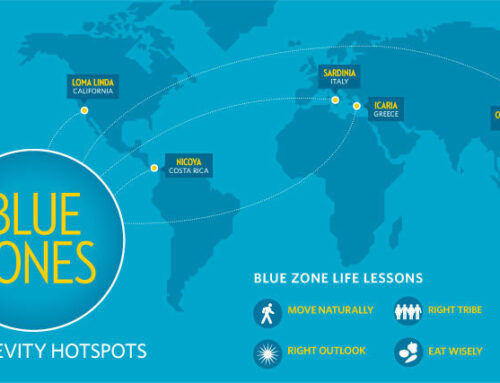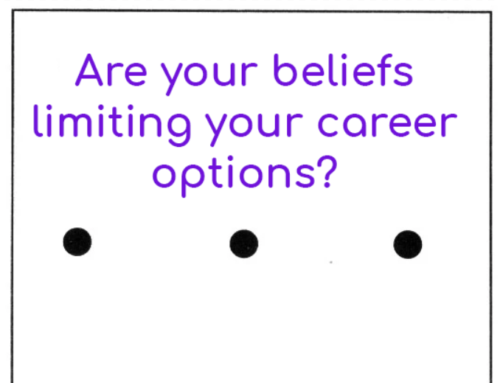Would you like to have a better work-life balance, and stop letting work spill over into your personal life?
With so many of us working from home now, knowing when to stop work and when to switch over to personal time has proven to be a challenge.
Having a good work-life balance is something I’ve struggled with in the past. On the one hand I wanted to do the best job possible at work, but on the other hand, my personal life, including quality family time, was sometimes suffering as a consequence.
Getting the work-life balance right isn’t always easy, but it’s something I’ve put a lot of effort into especially over the last year. I’d love to share with you my experiences of what helped me the most.
Some of the most useful areas to focus on include learning to set boundaries, becoming better at planning & prioritising, improving mindfulness, as well as having someone to be accountable to.
Let’s discover which of these can make the biggest difference to your work-life balance:
Setting boundaries
Boundaries are absolutely necessary to separate life from work, mentally as well as practically.
Have you considered if your boundaries are clear and firm enough, and if you have set the right ones?
The first step in setting a boundary such as “I am leaving work at 6 pm” or “I’m switching off email notifications when I leave the office” is to allow yourself to set the boundary in the first place. The feeling of guilt was often the first thing that stopped me following through.
Don’t beat yourself up for feeling guilty, that’s completely normal.
Mindfulness plays a major role here. Once you get better at being mindful, you’ll know that the feeling of guilt is simply that, a feeling. The feeling is not ‘you’, and you can choose to brush it aside instead of clinging on to it. Doing this can be scary at first, but there are a couple of things that help.
The first thing is to remind yourself that there is a cost to any action. So if you choose to stay in the office past 6 pm, there’s a cost to your family, your hobbies or your personal time. The cost comes in various forms, usually in lost time, anxiety or stress.
Are you willing to pay that cost, especially keeping in mind how it adds up over time?
The other thing that helps you do something which feels scary at first, is to start small.
What’s a small way of setting this new boundary? Taking the earlier example of leaving the office on time, what about you set the time to 6.30 pm? Assuming you normally don’t leave before 7 pm or later, 6.30 pm would be a small improvement.
Smaller challenges are easier to do, and once you’ve stuck to this new behaviour for a few weeks, you’ll develop the confidence and courage to set the time to 6 pm. You’ll see that the consequences of leaving at that time likely didn’t cause any major issues. The fear was just in your mind.
Lastly, if the boundary affects the people you work with, communication is key: It might sound obvious, but once you have identified your boundary, you need to communicate it clearly to your colleagues and/ or your boss.
Practise what you want to say until you feel confident delivering the message. Usually people are surprised about how understanding their colleagues and boss actually are.
You should still expect an adjustment period: people are forgetful and might still email you after working hours, or forget that you told them you’ll be leaving at 6 pm from now on. Just stick to your new boundary, tell them about it again, and don’t beat yourself up for slipping up on occasions.
It’s the progress that counts!
“True strength is found in standing firm, yet bending gently.”
Plan and prioritise
I’m a big believer in planning my day and week in advance. Developing a more structured approach than I had earlier has been a huge help in achieving a better work-life balance.
Not planning your day is the easiest way for work to spill over into your personal life, so if you’re not a natural planner, I can’t stress this enough.
Part of planning ahead includes scheduling in time for your important, but not ‘urgent’ work. This is the work that will pay off in the long run, but which runs the risk of being neglected if you don’t plan ahead.
Let me explain exactly what I do.
First, I set aside a big chunk of time for my most important work (usually Tuesday or Wednesday morning as I’m feeling fresh and my other work isn’t yet keeping me super busy). I also allow about 10-20% more time than I think I need (this prevents me from getting stressed when my work gets interrupted by unavoidable distractions).
There’s a principle I swear by which states that 20% of your work results in 80% of your results (Pareto’s Principle). In other words, some things matter a lot more than others, and this often includes the personal development stuff which is so easy to neglect as it’s rarely ‘urgent’.
If you don’t plan this into your schedule, it probably won’t get done, and you’ll be left with this feeling that you haven’t used your time well.
You might even tell yourself that if you just stay in the office an hour longer, this will make you feel less guilty.
Do you see how this is a waste of your time, and how it negatively affects your work-life balance, without actually making you produce better work?
Practising mindfulness is relevant here once again. Developing a habit of checking in with yourself several times a day, and checking if you’re really doing the work that matters most, rather than what seems urgent or just plain easy.
In the beginning, I scheduled these reminders into my daily plan, until they became automatic behaviours. As a result, I now catch myself when I’m about to do something that isn’t the best use of my time.
Accountability
Lastly, having someone to be accountable to like a professional Coach, makes your resolve to stick with your new behaviours, much more likely.
Or if you have a partner, make sure they’re 100% on board with your new boundaries and behaviours. Talk it through in detail with them, and discuss what could get in the way. This really helps prepare yourself for when things get difficult.
Conclusion
Setting the right boundaries and sticking to them, as well as improving your planning & prioritization, are in my experience the key areas of focus when you want to achieve a better work-life balance.
In connection to this, practising mindfulness has a big impact on how well you execute your new behaviours throughout the day – mindfulness will help you stick with your boundaries, and notice when you’re slipping, and it will make sure you focus on your most important work. Being accountable to someone makes your resolve even stronger.
Developing the new behaviours you need to achieve a better work-life balance is all about developing new habits. Start small, stick with it and keep upping the game until your boundaries and new behaviours are giving you the work-life balance you truly want.







Leave A Comment